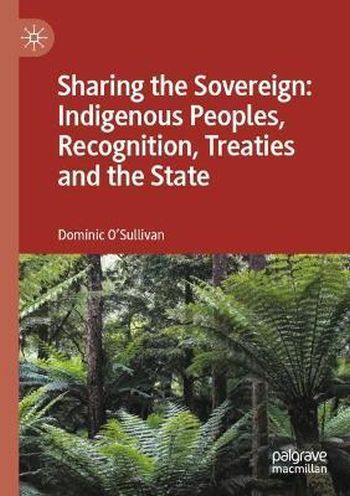
This book explains how recognition theory contributes to non-colonial and enduring political relationships between Indigenous nations and the state. It refers to Indigenous Australian arguments for a Voice to Parliament and treaties to show what recognition may mean for practical politics and policy-making. It considers critiques of recognition theory by Canadian First Nations' scholars who make strong arguments for its assimilationist effect, but shows that ultimately, recognition is a theory and practice of transformative potential, requiring fundamentally different ways of thinking about citizenship and sovereignty.
This book draws extensively on New Zealand's Treaty of Waitangi and measures to support Maori political participation, to show what treaties and a Voice to Parliament could mean in practical terms. It responds to liberal democratic objections to show how institutionalised means of indigenous participation may, in fact, make democracy work better.